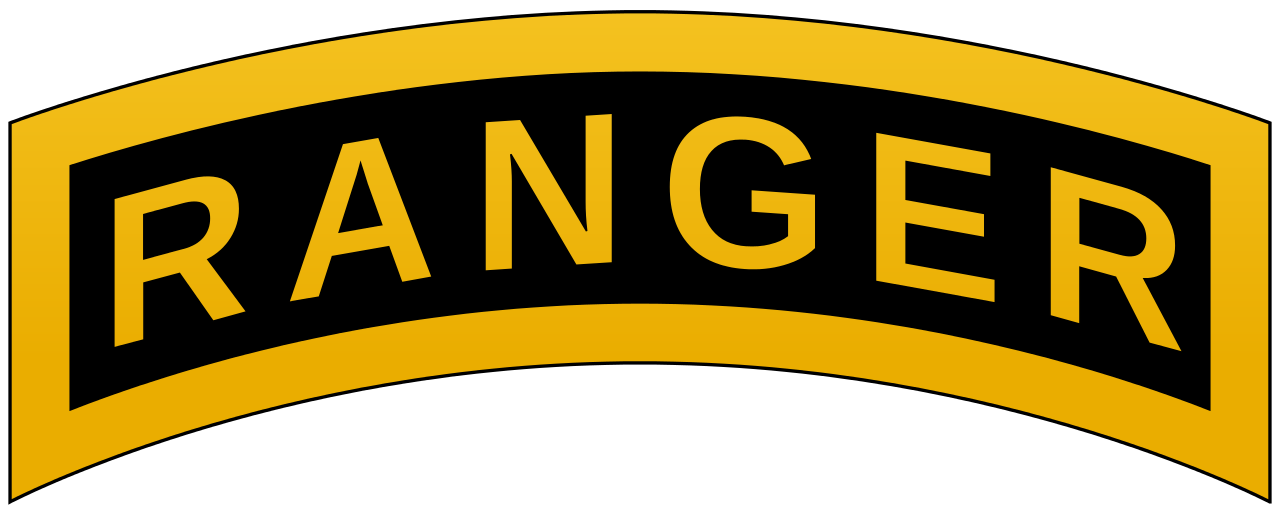
Patrolling
Ranger School instills proficiency in various patrol operations, equipping graduates with the tactical skills to navigate diverse combat scenarios. Here are some key types of patrols covered during the program:
- Reconnaissance Patrols:
- Focus: Gathering information about the enemy, terrain, and potential threats.
- Types:
- Area Reconnaissance: Covering a designated area to gather general information.
- Zone Reconnaissance: Focusing on a specific zone to obtain detailed information about enemy presence, activity, and disposition.
- Key Skills:
- Navigation: Expert use of maps, compasses, and terrain features for precise movement and location identification.
- Observation: Meticulous attention to detail to detect enemy signs, equipment, or troop movements.
- Reporting: Clear and concise communication of gathered information using proper military procedures.
- Combat Patrols:
- Focus: Engaging with the enemy directly to achieve specific objectives.
- Types:
- Ambush: Setting up a surprise attack on an unsuspecting enemy.
- Raid: Launching a quick, forceful attack to capture, destroy, or disrupt enemy operations.
- Movement to Contact: Actively seeking enemy forces and engaging them in combat.
- Key Skills:
- Fire and Maneuver: Coordinated use of firepower and tactical movement to gain an advantage over the enemy.
- Battlefield Communication: Maintaining clear and timely communication within the patrol and with higher command.
- Combat Tactics: Employing various tactical formations and maneuvers to outflank, surprise, and overwhelm the enemy.
- Other Patrol Operations:
- Security Patrols: Protecting friendly forces, installations, or equipment from enemy threats.
- Escort Patrols: Safeguarding personnel or supplies while moving through hostile territory.
- Additional Points:
- Planning and Preparation: Regardless of the patrol type, meticulous planning and preparation are crucial. This includes route selection, risk assessment, communication protocols, and contingency plans.
- Leadership: Effective leadership is paramount for successful patrol execution. Ranger School emphasizes developing strong leaders who can make sound decisions, adapt to changing situations, and inspire their team members.
While these are the main patrol types, Ranger School training goes beyond basic execution. Students delve into the intricacies of:
- Patrol formations: Optimizing team movement and covering fire during various situations.
- Reaction drills: Swift and coordinated responses to enemy contact, ambushes, or unexpected situations.
- Rapport building: Developing trust and effective communication within the patrol unit.
Ranger School graduates are equipped to not only lead and execute these patrols effectively but also to adapt their tactics based on the situation and environment.